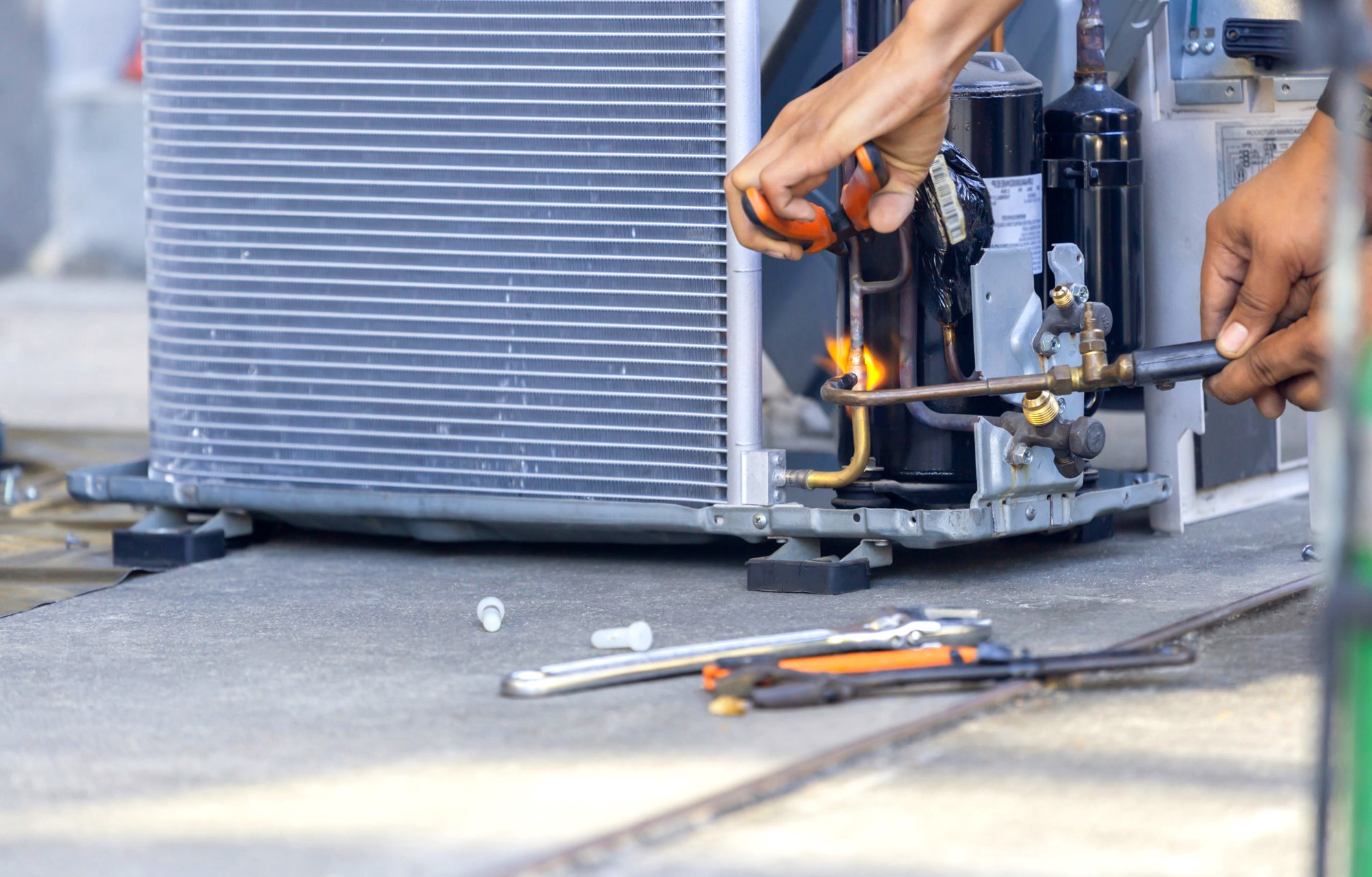Being near the ocean has its perks, but can also damage your home’s air conditioning system. The salt air corrodes the machinery and shortens its life
Being near the ocean has its perks, but can also damage your home’s air conditioning system. The salt air corrodes the machinery and shortens its lifespan. Avoid this by having your unit professionally cleaned and maintained. Keep a clear area around your condenser unit by removing broken limbs and raking the leaves.
Condensate Drains
The salty air in coastal areas can cause corrosion, but regularly coating corrosion inhibitors can help minimize the problem and extend the lifespan of your AC unit. It prevents the accelerated deterioration of metal components, reducing the need for repairs or replacements and significantly improving your energy efficiency.
During an AC repair New Smyrna Beach, you may find that your condensate drain line needs to be fixed. A PVC pipe runs from your indoor air conditioning unit to the outdoor condenser. This line is obstructed by dirt, dust, mold, mildew, and other debris. To avoid this, keeping your outside unit clear of debris by raking and trimming any bushes around the area is essential.
Keeping the drain line free of debris by flushing and cleaning it regularly is also a good idea. It is also good to ensure the line is supported correctly and add an appropriate slope (depending on local regulations).
Read More: Refrigeration Cycle: What Makes Up Your HVAC System
Corrosion
Corrosion is a significant issue for coastal air conditioners. Florida’s salty air and high humidity levels can accelerate corrosion in the air conditioning unit, significantly affecting the coils. Neglecting this issue can inevitably result in reduced cooling efficiency, escalated energy expenses, and costly repairs or replacements.
The most common type of corrosion occurs in the AC condenser coil, which is made of copper tubing with aluminum fins. When these dissimilar metals touch each other, they create an electrolyte, and the less noble copper begins to erode the aluminum. Over time, the corroded aluminum can cause Freon leaks, further damaging the system.
To minimize corrosion in the coil, homeowners can have it coated with a protective seal. They can also install their AC units in a position that reduces the amount of salt water and ocean wind that comes into contact with the equipment. In addition, regular maintenance and rinsing of the outdoor unit after storms to remove salt and sand can help prevent corrosion.
Water Leaks
If your AC system leaks, it can quickly affect areas throughout your home. Water damage from an AC leak can erode drywall, insulation, flooring, and other essential building components. It can lead to extensive repair costs and potential structural damage. It can also cause a decrease in your property value.
A professional AC technician can help to identify the source of your problem. They can then assess the extent of any damage and provide suggestions for addressing it. They can also advise you on any additional measures you might take to reduce the risk of future AC problems.
Regular cleaning of your AC unit is another way to protect it from salt air. You should keep a two- to three-foot perimeter clear of organic debris, plants, and leaves. It will prevent clogs and hinder your unit’s ability to function correctly. You may also consider purchasing a unit designed for coastal climates with low-corrosive parts.
Read More: 10 Affordable Home Improvement Ideas to Transform Your Space
Debris Buildup
Air ducts are like invisible circulatory systems running behind every wall and through each room, silently keeping the indoor environment fresh and healthy. Dirty or clogged-up air ducts can lead to health risks and significant energy costs, but a professional air duct cleaning service can help.
Living in a coastal area can be harsh on HVAC systems. Rust and corrosion often occur due to salty ocean air and sand particles, which can cause damage to components like coils and fan blades. This damage can ultimately result in the unit shutting down completely.
To prevent corrosion, homeowners can install a protective coating on the unit and regularly clean out the drain lines to remove debris. They can also consider purchasing an AC unit that’s made for coastal areas and features low-corrosive parts. After a storm, they can check the unit for damage and sand buildup, remove broken tree limbs, and hose down the unit if needed.

COMMENTS